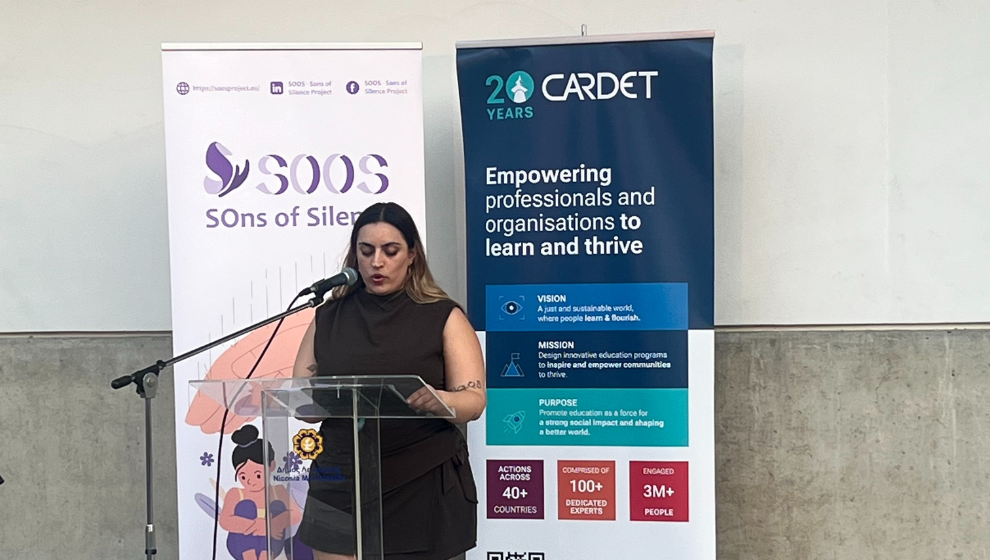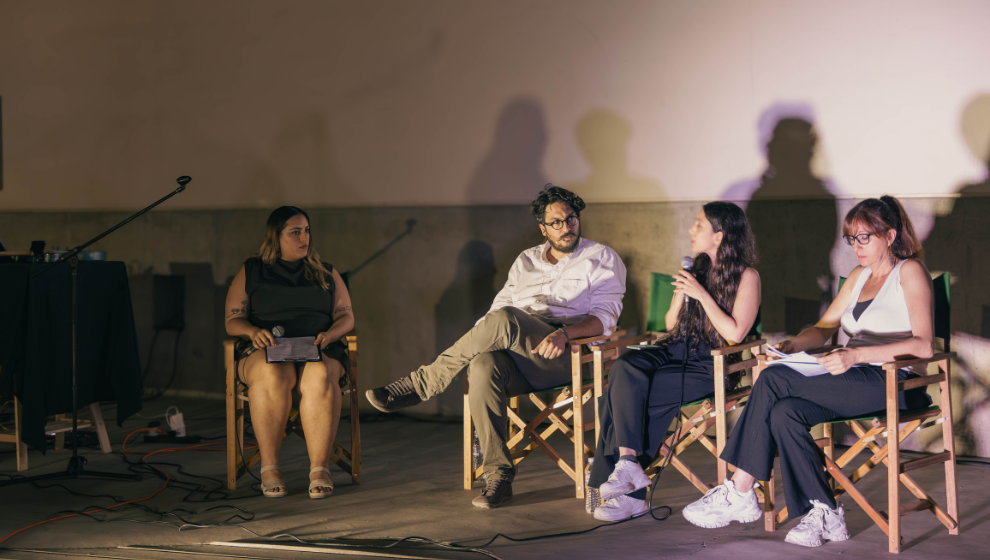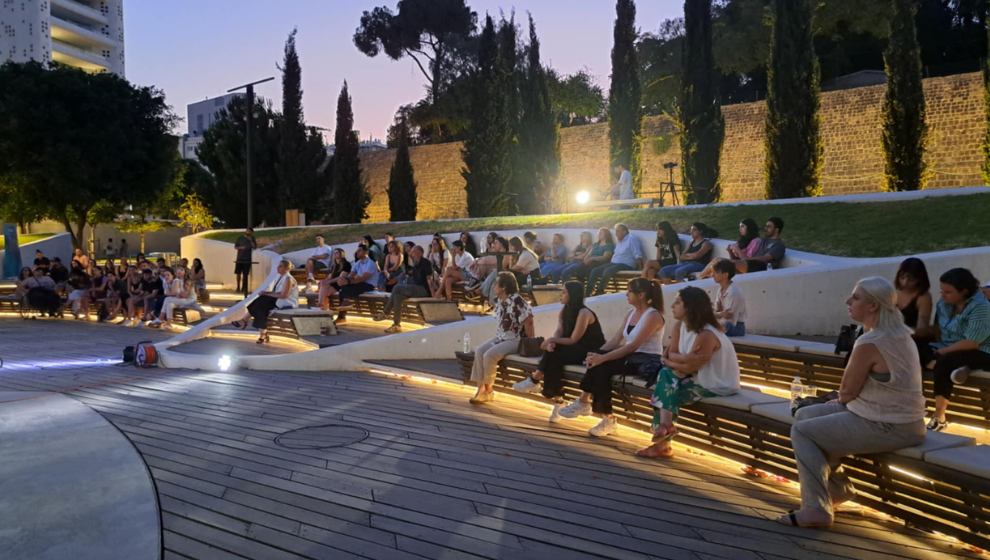CARDET Projects GIFTLED & Vol3DEdu Recognised as Good Practices by the European Commission
We are delighted to announce that two of CARDET’s recently completed Erasmus+ projects — GIFTLED and Vol3DEdu — have been officially recognised as Good Practices by the European Commission. Both projects achieved outstanding evaluation results, scoring between 85% and 90%, placing them among the top-performing initiatives in their respective fields across Europe.
This recognition reflects our team’s commitment to excellence in educational innovation and our dedication to advancing inclusive, digital, and future-ready learning solutions.
GIFTLED: Empowering Gifted Learners in STEAM Education
The GIFTLED project aimed to revolutionise how we include and support gifted and talented students within STEAM education. Grounded in a “Learning by Design” approach, the project developed an innovative educational method and toolkit to better engage gifted individuals in creative, meaningful, and digitally enhanced learning experiences.
CARDET and its partners developed a rich collection of resources for educators, including:
- A Digital Handbook
- An Augmented Reality Case Brochure
- Toolkit Introduction Videos
- A Comprehensive Curriculum
- An Open Digital Platform with access to digital and AR tools
By enhancing the pedagogical and professional competencies of teachers and equipping them with the right tools, GIFTLED has made a significant contribution to promoting equity, talent development, and digital transformation in education.
Learn more about the project: giftled.eu
Project on EC portal: https://erasmus-plus.ec.europa.eu/projects/search/details/2022-1-PL01-KA220-SCH-000087644
Vol3DEdu: Bringing XR Technologies into the Classroom
The Volumetric 3D Teachers in Educational Reality (Vol3DEdu) project has been at the forefront of integrating extended reality (XR) technologies into education. Responding to the growing demand for engaging, interactive digital learning, this project placed educators in the driver’s seat of innovation.
Vol3DEdu focused on:
- Boosting digital readiness and resilience in teaching
- Supporting open and distance learning through XR resources
- Creating free, open-source XR lesson plans and digital content
The project empowered teachers and institutions with future-oriented tools and methodologies, preparing them to lead within the rapidly evolving digital education landscape.
Learn more about the project: vol3dedu.eu
Project on EC portal: https://erasmus-plus.ec.europa.eu/projects/search/details/2022-1-IE02-KA220-HED-000085129
Being labelled a Good Practice by the European Commission is a significant achievement. It reflects a project’s ability to deliver high-quality results, ensure effective implementation, demonstrate strong innovation with tangible impact, and provide replicable models that can inspire similar initiatives across Europe.
At CARDET, we are proud to see both GIFTLED and Vol3DEdu receive this distinction, affirming the quality, relevance, and lasting value of our work in advancing inclusive and future-ready education.
These successes would not have been possible without the collaboration, creativity, and hard work of all our partners. We extend our heartfelt congratulations to everyone involved and look forward to the continued impact of these projects across Europe and beyond.
Stay connected with CARDET as we continue working towards inclusive, digital, and transformative education for all.













